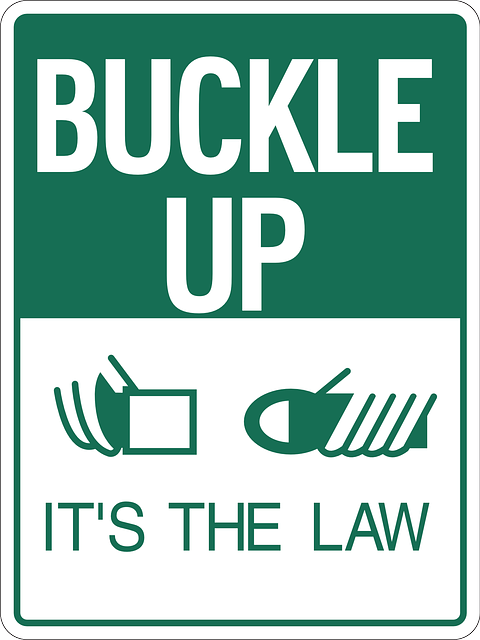Litigation Support Services are essential for upholding the Right to a Fair Trial guaranteed by the Constitution. They offer critical assistance in complex legal processes through advanced technology, such as evidence collection, expert witness management, and document review. These services strengthen defendants' positions, promote fairness, transparency, and accountability in the judicial system, and significantly contribute to favorable outcomes in both corporate and individual cases. Advanced digital tools transform litigation by enhancing accessibility, streamlining evidence management, facilitating real-time data sharing, and minimizing delays and errors, ultimately accelerating justice delivery.
“Litigation Support Services: Unraveling the Essential Role in Ensuring Justice
In the pursuit of justice, litigation support services act as a cornerstone, ensuring fair trials and impartial judgments. This article delves into the critical functions these services play in modern legal systems. We explore how technology has revolutionized access to a Right to a Fair Trial Constitution, enhancing efficiency and accuracy. Through real-world case studies, we demonstrate the tangible impact of litigation support, highlighting successful outcomes and their role in maintaining integrity within the justice system.”
- Understanding Litigation Support Services: A Cornerstone for Fair Trials
- The Role of Technology in Enhancing Right to a Fair Trial Constitution
- Case Studies: How Litigation Support Services Ensure Justice is Served
Understanding Litigation Support Services: A Cornerstone for Fair Trials

Litigation Support Services play a pivotal role in ensuring that every defendant enjoys their fundamental right to a fair trial as guaranteed by the Constitution. These services act as a cornerstone, providing essential assistance to both corporate and individual clients alike across the country. By offering comprehensive legal support, they help navigate complex litigation processes, ultimately aiming for the complete dismissal of all charges where applicable.
This support encompasses a wide range of activities, from evidence collection and expert witness management to document review and case analysis. Skilled professionals employ cutting-edge technology to streamline these processes, ensuring efficiency and accuracy. This meticulous approach not only strengthens the defendant’s position but also upholds the integrity of the judicial system by fostering fairness, transparency, and accountability throughout the trial process.
The Role of Technology in Enhancing Right to a Fair Trial Constitution

The role of technology in modern litigation cannot be overstated, especially when it comes to upholding the Right to a Fair Trial Constitution. Access to efficient and secure digital tools has revolutionized how legal proceedings are managed, ensuring that all stages of the investigative and enforcement process are transparent and accessible across the country. This is particularly beneficial for both corporate and individual clients, enabling them to actively participate in their cases.
Advanced technology platforms streamline the collection, organization, and presentation of evidence, making it easier for judges and juries to comprehend complex legal matters. Real-time data sharing and secure communication channels ensure that all parties involved have equal access to information, fostering an environment conducive to a fair trial. Moreover, these technological advancements help reduce delays, minimize errors, and enhance overall efficiency in the legal system.
Case Studies: How Litigation Support Services Ensure Justice is Served

Litigation Support Services play a pivotal role in ensuring that justice is served, upholding the right to a fair trial as enshrined in the Constitution. Through meticulous case studies, it’s evident how these services navigate complex legal landscapes, providing crucial support at every stage of the investigative and enforcement process. From gathering and analyzing evidence to facilitating expert witness testimonies, they contribute significantly to achieving extraordinary results for respective businesses and individuals involved in litigation.
These services often employ cutting-edge technology and innovative strategies to streamline procedures, reduce costs, and enhance efficiency. By leveraging their expertise, legal professionals can focus on strategic decision-making while the support services handle intricate tasks. This collaborative approach not only expedites the justice delivery system but also guarantees that every detail is meticulously documented, preserving integrity and fairness throughout the litigation process.
Litigation Support Services play a pivotal role in upholding the Right to a Fair Trial Constitution by ensuring accessibility to justice through advanced technology and meticulous case management. As demonstrated in various case studies, these services not only streamline legal processes but also preserve integrity and accuracy, ultimately contributing to a more equitable judicial system. By embracing innovative solutions, we can continue to enhance fairness and efficiency in litigation, fostering a stronger and more transparent legal landscape.






